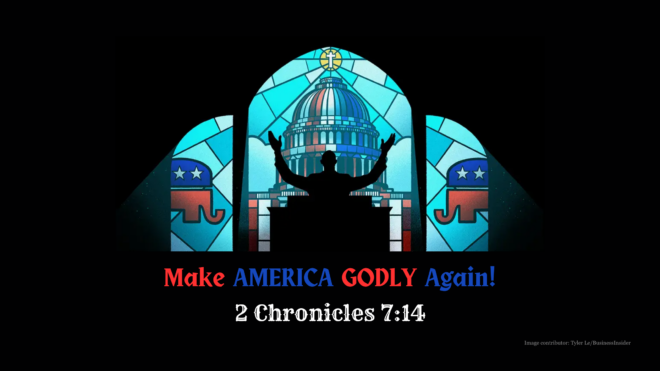In an essay in the recent book The Beholden State [pages 96-101], William Voegeli, of the Claremont Institute, writes about the scandal in the Los Angeles borough of Bell, where the city officers were found to be ridiculously overpaid. He questions whether people today have the ability to exercise the level of oversight at the local level that the Founding Fathers assumed they would when they created a fairly decentralized United States with the federal government of limited powers acting concurrently with the states. Voegeli agrees, and I will quote a whole paragraph;
For one thing, if “town meetings are to liberty what primary schools are to science,” as Tocqueville had it, then America has a long-term, worsening drop-out problem. Apathy isn’t confined to poor or immigrant communities. Indeed, the word “community” is increasingly used, contrary to the term’s long history, to denote people who attend to things they have in common other than the affairs of the particular geographic location where they reside. Our time, attention, and affinities are not limitless, so as we increasingly concern ourselves with the environmentalist community, the bluegrass-music community, or the office-supplies wholesalers community, we have less time left over for the patch-on-the-map communities where we live. Our waking hours are enveloped by communications technologies that Madison and Tocqueville couldn’t have imagined; we are a polity turned inside out, familiar with the distant and estranged from the nearby. Americans are likelier to know the names of the president’s pets than to know those of their own city council members. [page 100; italics are mine.]
I would agree with him that the world of mass media has turned the world of the Founding Fathers on its head. It is very easy to find out what President Obama is doing, and who will be running for President the next time in both parties. It is fairly easy to find out about the performance of U.S. Senators and the people who aspire to that office. [I might add that the United States Senate is the only legislative body in the country that is elected on a basis other than population.] It is somewhat more of a challenge to find out about U.S. Representatives, unless they are frequently in the headlines.
On the state level, it is easy for residents of a state to track their Governor and the candidates for that office. To track members of the houses of the legislature, more work is required. On the local level, if one lives in a large city, publicity concerning the mayor and the council is not that difficult to come by. But most Americans live in smaller boroughs in the suburbs, and virtually all Americans live in counties. Publicity concerning them is harder to find out. Frankly, Presidents, Governors, and Senators are celebrities; local officials are not.
I would turn the non-partisanship of the Progressives on its head. I would make the President of the United States, the governors of the several states, and the U S Senate non-partisan; the public can get enough information about them, and the candidates for those offices, to make a decision, even if the decision is sometimes made on celebrity rather than public policy, which is the case now anyhow. I would make every other elected office in the land partisan! To encourage third parties, I would adopt the New York State system of giving the smaller parties the right to endorse candidates from other parties or submit their own. Apparently in California we may have done this. In the recent jungle primary ballot in California, the Republican Party made no endorsements, but the AIP [at one time Wallaceite] party was allowed to, and did, endorse a number of Republicans! Some offices, like judgeships and water boards, should not be elected at all; candidates for judge, for example, are not supposed to reveal their Constitutional views at all, except via winks and dog-whistles! I would do as we do with the State Supreme Court, however, and every so often all judges and important administrative officials would come on the ballot with “Shall X be appointed to his next term, as provided by law?” This gives the people a check without their being put in the position of a hiring decision.
Though I suggested the state governorship be non-partisan, I would have every governor assemble a ticket of his choices for the other constitutional offices; lieutenant governor, treasurer, controller, secretary of state, and insurance commissioner – and they would run as an indivisible package, as with the President and Vice President now. This would at least compel the gubernatorial candidate to be up front about what sort of people he would have in his administration.
I do continue to side with the traditional conservatives that tyranny at the local level is probably a lesser evil, because you don’t have to move so far to get out of it! [An economist named Charles Tiebout, in the mid 20th century, declared that residents and businesses did move, and that local governments competed for them.] I would also go with Abraham Lincoln that one of the valid purposes of centralized government is not so much to run everything as to provide a check on abuse of power at the local level.



